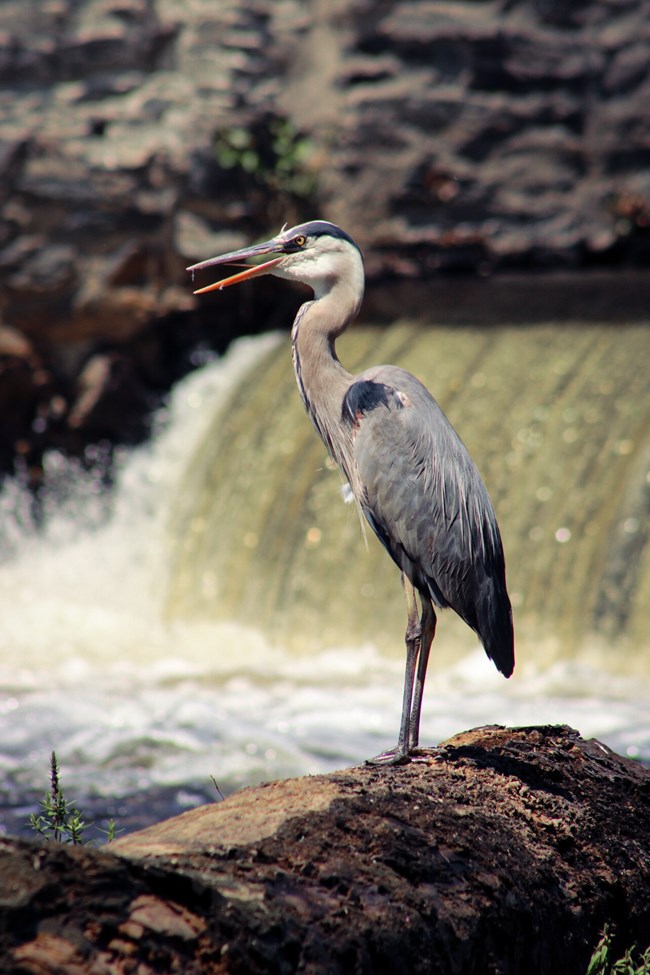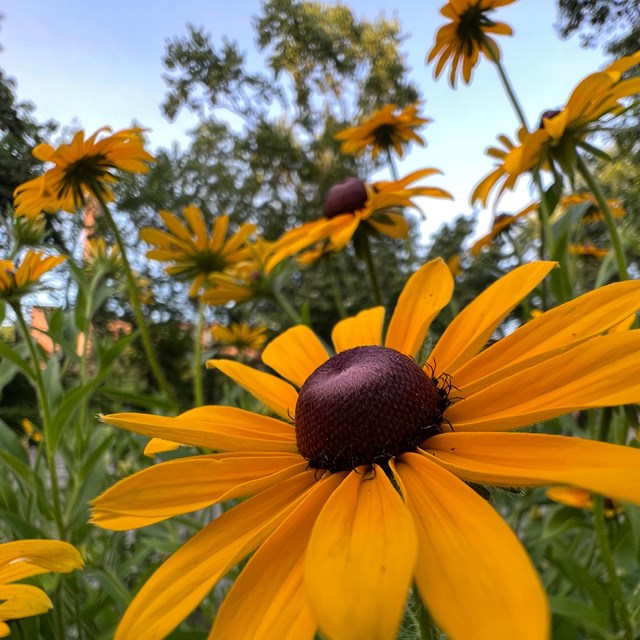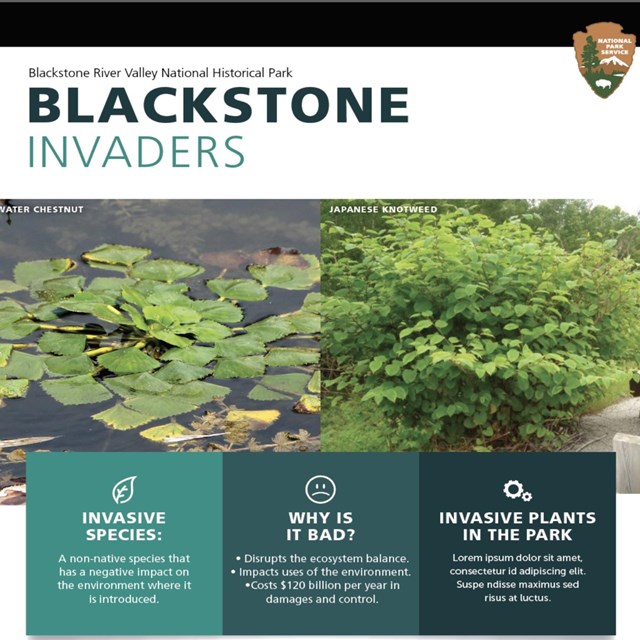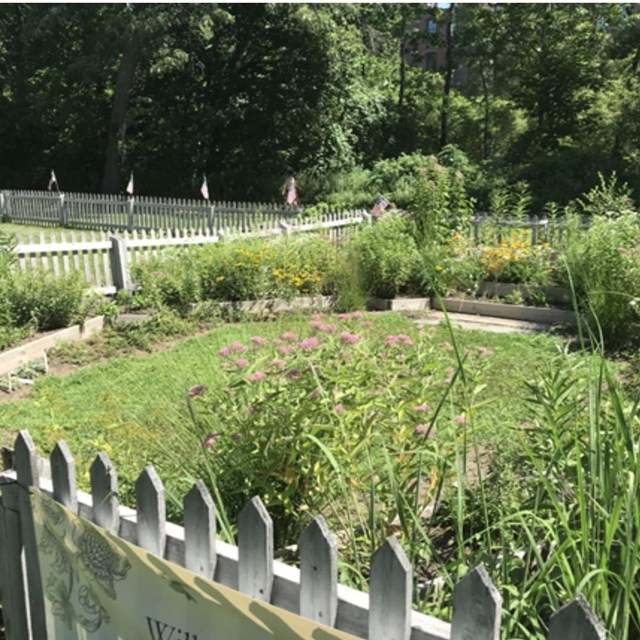
The Blackstone River Valley is known for its industrial history and abundant biodiversity. With over 200 species of birds, 30 species of fish, and hundreds of plant species, the valley teems with life. Formed around fifteen thousand years ago during the Laurentide Glaciation, the Blackstone Valley bears the imprint of glacial action. The river's source lies at the slopes of Asnebumskit Hill near Holden, Massachusetts. Flowing southward into Rhode Island, it eventually merges into the Narragansett Bay. Along its course, the river drops over 400 vertical feet and passes through key population centers, such as Worcester, Massachusetts and Pawtucket, Rhode Island. The Blackstone River drainage system is one of the seven major river systems in the northeastern United States. The Blackstone River, its tributaries, banks, and floodplains provide a rich habitat for diverse flora, fish, and wildlife. Native Americans were the first to recognize the river's value, establishing semi-permanent settlements and benefiting from its fertile soils and abundant salmon. European settlers later formed agrarian communities, and by the mid-17th century, the valley was predominantly rural and agrarian. With the rise of processing and manufacturing after the Revolutionary War, the region's abundant resources were used for quarrying minerals, harvesting timber, supporting grist mills, and producing leather and metal products. However, industrialization led to severe pollution, altering the river's natural state through numerous dams, canals, and other human interventions. In 1990, a report sponsored by the Environmental Protection Agency (EPA) labeled the Blackstone River "the most polluted river in the country with respect to toxic sediments." While the river's health continues to be impacted by toxic sediments trapped behind industrial-era dams, considerable water quality improvements have been achieved through the Clean Water Act and pollution reduction initiatives. Despite the challenges, the Blackstone River remains a symbol of resilience and restoration. In 1986, it became part of the National Heritage Corridor system, honoring its cultural and historical significance. In 1998, the river was designated as an American Heritage River, signifying its national importance and ongoing conservation efforts. Today, the Blackstone River Valley offers a unique blend of history and nature. Visitors can explore its industrial past while witnessing the ongoing efforts to restore its natural beauty. The journey of the Blackstone River stands as a testament to the power of preservation and the collective commitment to safeguarding our precious natural treasures. Together, we can ensure that this historic river thrives, leaving a legacy of beauty and inspiration for generations to come.
|
Last updated: December 19, 2023



